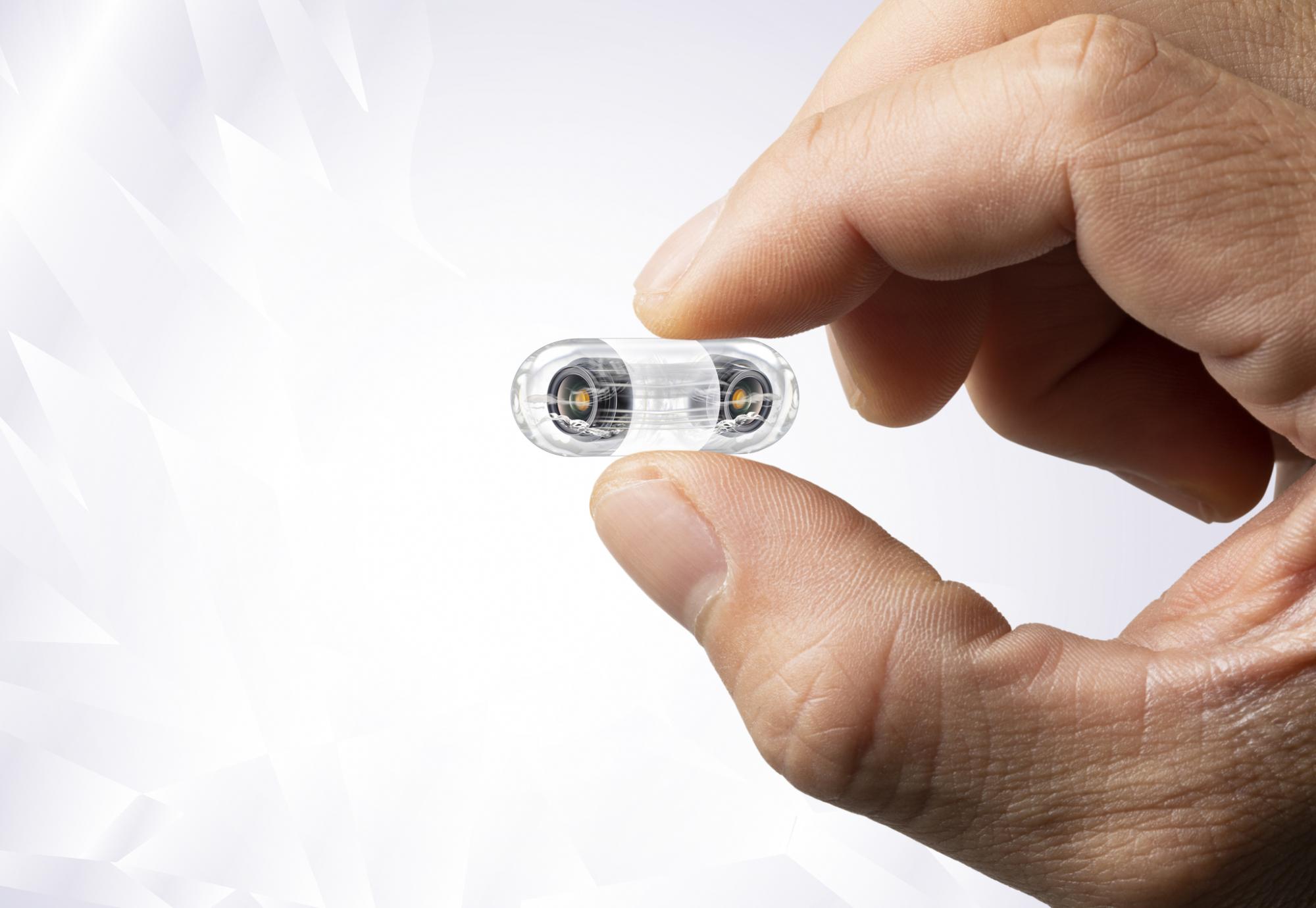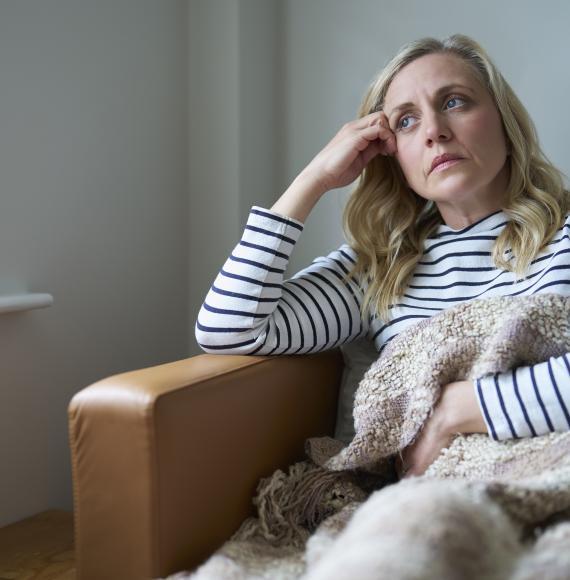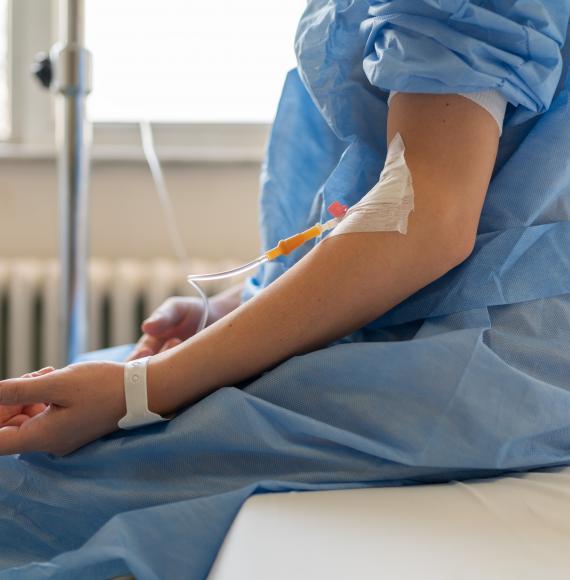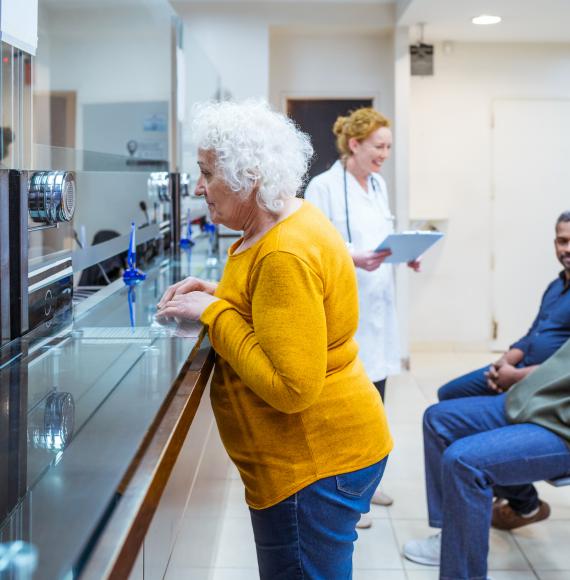The NHS will soon begin to trial using miniature cameras which patients can swallow to check for cancer.
Contained in a capsule no bigger than a pill, the cutting-edge imaging technology can provide a diagnosis within hours.
These cameras, known as a colon capsule endoscopy, are the latest in a series of NHS innovations to help patients access cancer checks at home.
Whereas traditional endoscopies mean patients must attend hospital appointments and have a tube inserted, this new capsule camera technology means that people can go about their normal day.
An initial group of 11,000 NHS patients across England will receive the capsule cameras as part of the trial, taking place in more than 40 parts of the country.
Hospital treatments up and down the country have faced delays due to the pandemic, but particularly as service capacity is rebuilt back, the NHS has sought to prioritise cancer care.
The latest figures show hospitals carried out more than two cancer treatments for every patient they treated for Covid-19.
NHS Chief Executive Sir Simon Stevens said: “As we come out of ‘peak Covid’ and the disruption of the pandemic, the NHS is now pushing ahead with genuine innovation to expand services for many other conditions.
“That’s why we’re now trialling these ingenious capsule cameras to allow more people to undergo cancer investigations quickly and safely.
“What sounds like sci-fi is now becoming a reality, and as these minute cameras pass through your body, they take two pictures per second checking for signs of cancer and other conditions like Crohn’s disease.”
Dame Cally Palmer, NHS National Cancer Director, added: “It is thanks to the huge efforts of staff that more than 228,000 people started treatment for cancer during the pandemic and in 2020, hospitals carried out more than two cancer procedures for every patient they treated for the virus.
“As the NHS continues to prioritise cancer care, this latest innovation will ensure people can get the checks they need and conveniently – the cameras are small but they will make a big difference for patients.”



















